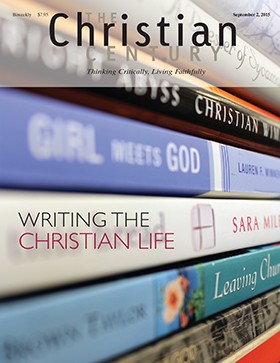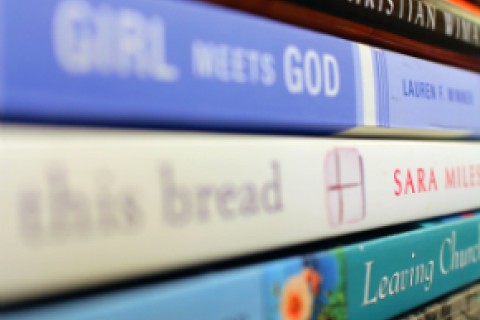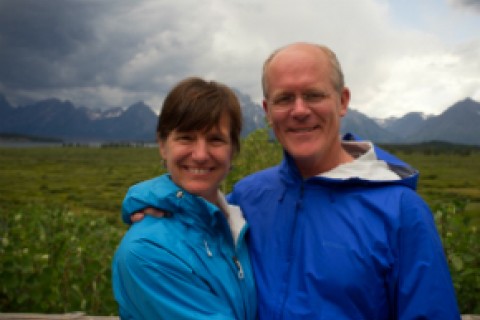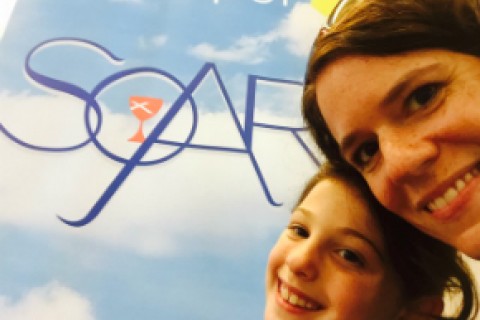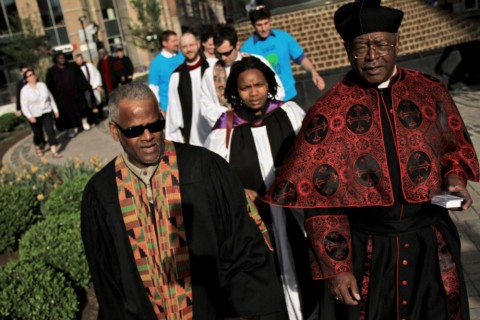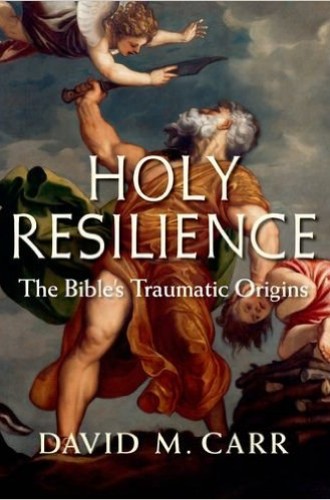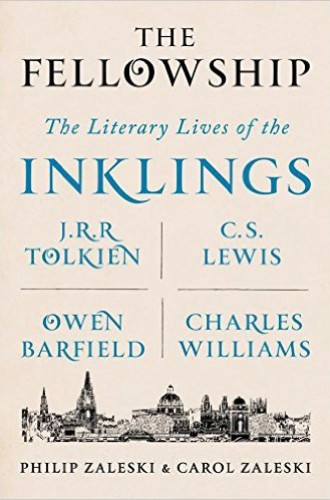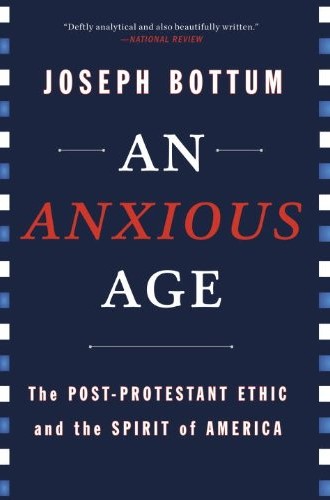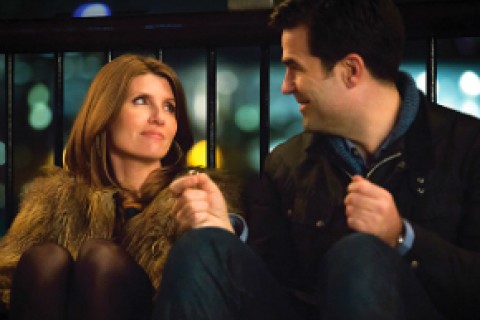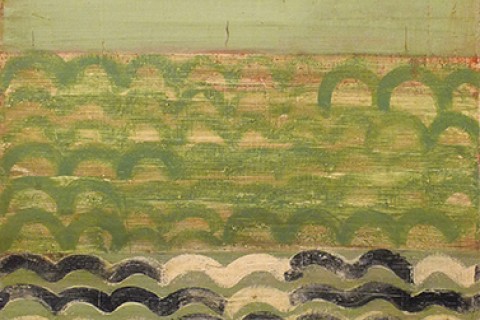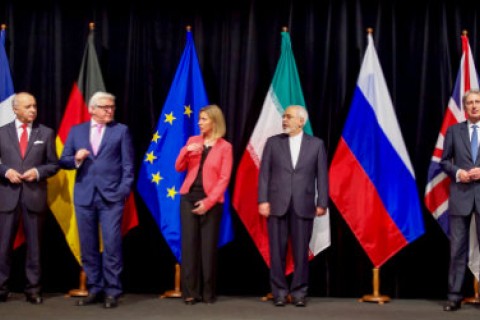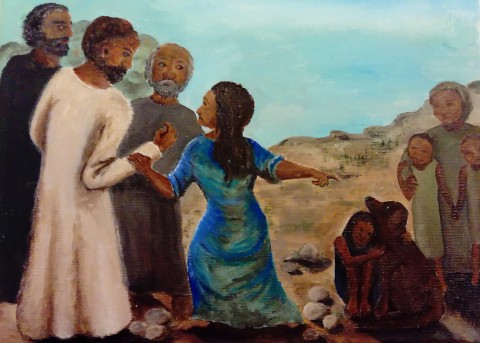Features
Writing the Christian life: The essence of spiritual memoir
A memoir becomes explicitly Christian when it derives its literary power from the power of the gospel. It doesn't preach, it shows.
Memoirs with religious themes: A sampler
Read the main article on the essence of spiritual memoir.
Holding each other loosely: After my wifes brain aneurysm
I knew life was a gift to be shared, not a possession to safeguard, even before my wife collapsed on the kitchen floor. But it was abstract knowledge then.
The church assembled: Why I love denominational gatherings
How should we Disciples make GA work going forward? I don't know the answer. I do know that we are obligated to one another only by our relationships.
Building Baltimore: A coalition connects police and community
Every win in our organization's history has come when a diverse group of Baltimoreans got out of their lanes and worked together.
Books
Post-traumatic texts
David Carr rereads the familiar materials of the Bible in conversation with trauma theory. This opens the way for a fresh and suggestive interpretation.
Inklings of good news
The proliferation of Inklings books is often prompted by Christian triumphalism. Carol and Philip Zaleski have something more interesting to say.
An Anxious Age, by Joseph Bottum
Joseph Bottum contends that the decline of mainline churches has created a moral vacuum that conservative Catholics and evangelicals have been unable to fill.
Departments
Witnesses in the cloud
Critics view genealogy as a kind of ersatz historiography, an individualistic reconstruction of the past. But there is more to family tree building.
Restored pilgrim paths
Over the last generation, the institution of pilgrimage has experienced a startling revival across what we often dismiss as secular Europe.
Rom-com in the flesh
Do Trainwreck and Catastrophe herald a resurrection of the rom-com genre? Or merely a grotesque reanimation?
Creation of the Waters, by Robert Kelly
Born and raised in New Mexico, Robert Kelly is influenced by Native American and Latino-Mexican cultures which are rich in beliefs, symbols, and rituals....
Dealing with Iran
In a forceful speech, President Obama laid out in a few words the best argument for the deal with Iran: there is "no plausible alternative."
News
Ngwedla Paul Msiza becomes Baptist World Alliance president
Ngwedla Paul Msiza of South Africa was installed as president of the Baptist World Alliance July 25 during the Baptist World Congress in Durban, South Africa....
Yat Michael and Peter Yein Reith, pastors facing execution in Sudan, freed
After an international outcry, Yat Michael and Peter Yein Reith, pastors who faced possible death sentences in Sudan, were set free following a court hearing August 5....
Fifty years after voting act, black churches fight new voting restrictions
Fifty years after the signing of the Voting Rights Act, many black churches are redoubling efforts to maintain access to the ballot box....
White House proposes rules on faith-based social services
The Obama administration released proposed rules August 5 designed to protect the religious freedom of people who receive social services from government-funded religious programs....
Under ISIS rule, health care is limited
(The Christian Science Monitor) The self-described Islamic State has lured thousands of foreign fighters and their families to Syria with the promise of building a utopian caliphate....
In contested Syrian town, neighbors bridge divide
(The Christian Science Monitor) It was the first day of the holy month of Ramadan when two former neighbors reunited in Akcakale, a Turkish border town....
Congregational leaders make buildings more accessible for people with disabilities
The Americans with Disabilities Act—marking its 25th anniversary this summer—didn’t require places of worship to make their spaces more accessible....
Kenya debates how to welcome home extremist fighters
(The Christian Science Monitor) By 4 p.m. each weekday at a parking lot in the Nairobi suburb of Eastleigh, the cars clear out....
Lectionary
Ordinary 24B (Psalm 19; James 3:1-12)
James reminds us of the duplicity of language, like a matchstick dropped by singed fingers that leaves behind charred acres. The deception of language is that we believe it is innocent.
Ordinary 23B: Mark 7:24-37
I have spent most of my Christian life in deep discomfort with Mark 7. I now read it as an early example of the priesthood of all believers.


